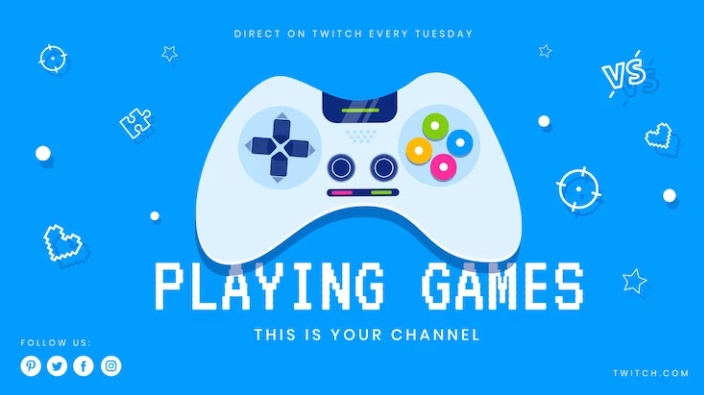Game development is an exciting and complex field that requires a combination of creativity, technical skills, and the right set of tools and software. Whether you're an indie developer working on a passion project or part of a larger studio creating the next blockbuster game, having access to the right tools can make all the difference in the development process. In this comprehensive guide, we will explore some of the most popular game development tools and software available today.
Game Engines:
Game engines are the backbone of game development, providing the necessary tools and frameworks to create interactive experiences. Some of the most widely used game engines include Unity, Unreal Engine, and Godot. Unity game studio is renowned for its user-friendly interface and cross-platform capabilities, making it a popular choice for both 2D and 3D game development. Unreal Engine, on the other hand, offers stunning graphics and powerful features, making it ideal for creating high-fidelity games. Godot is an open-source engine that is gaining popularity due to its simplicity and flexibility.
Integrated Development Environments (IDEs):
IDEs are software applications that provide a comprehensive development environment for coding and debugging. Visual Studio and JetBrains' IntelliJ IDEA are two widely used IDEs in the game development industry. Visual Studio supports multiple programming languages and provides advanced debugging tools, while IntelliJ IDEA offers excellent support for Java and other languages commonly used in game development.
3D Modeling and Animation:
Creating visually appealing 3D models and animations is crucial in modern game development. Autodesk Maya and Blender are two powerful software tools used by artists and animators. Maya offers a wide range of tools for modeling, animation, and rendering, making it a top choice for professional game developers. Blender, on the other hand, is an open-source software that is free to use and has a thriving community of artists and developers.
Sound and Music:
Sound effects and music play a vital role in enhancing the gaming experience. Tools like FMOD Studio and Wwise allow developers to create immersive audio environments by integrating dynamic sound effects and adaptive music into their games. These tools provide a visual interface for designing audio systems and offer powerful scripting capabilities for interactive audio experiences.
Version Control:
Collaboration is a key aspect of game development, and version control software helps teams manage their codebase effectively. Git, a distributed version control system, is widely used by developers to track changes, merge code, and resolve conflicts. Platforms like GitHub and Bitbucket provide hosting services for Git repositories and offer additional features like issue tracking and project management tools.
Game Testing and Debugging:
Ensuring the quality and stability of a game is crucial before release. Testing and debugging tools like Unity Test Runner and Visual Studio Debugger help developers identify and fix issues in their code. These tools provide features like automated testing, code profiling, and real-time debugging, making the development process more efficient and reliable.
Game Analytics:
Understanding player behavior and optimizing game performance is essential for success. Tools like Unity Analytics and Google Analytics for Games provide valuable insights into player engagement, retention, and monetization. These analytics platforms allow developers to track key metrics, segment player data, and make data-driven decisions to improve their games.
Game Distribution Platforms:
Once the game is ready, developers need a platform to distribute and monetize their creations. Steam, the largest PC gaming platform, allows developers to publish their games to a massive audience. Other popular platforms include the Epic Games Store, GOG, and itch.io, each with its own unique features and benefits.
In conclusion, game development tools and software are instrumental in bringing game ideas to life. From game engines to sound design, from version control to analytics, each tool plays a crucial role in different stages of game development. Choosing the right tools for your project depends on factors such as your team's expertise, the game's requirements, and the available resources. By leveraging the power of these tools, developers can unleash their creativity and build immersive and engaging games for players worldwide.


No comments yet